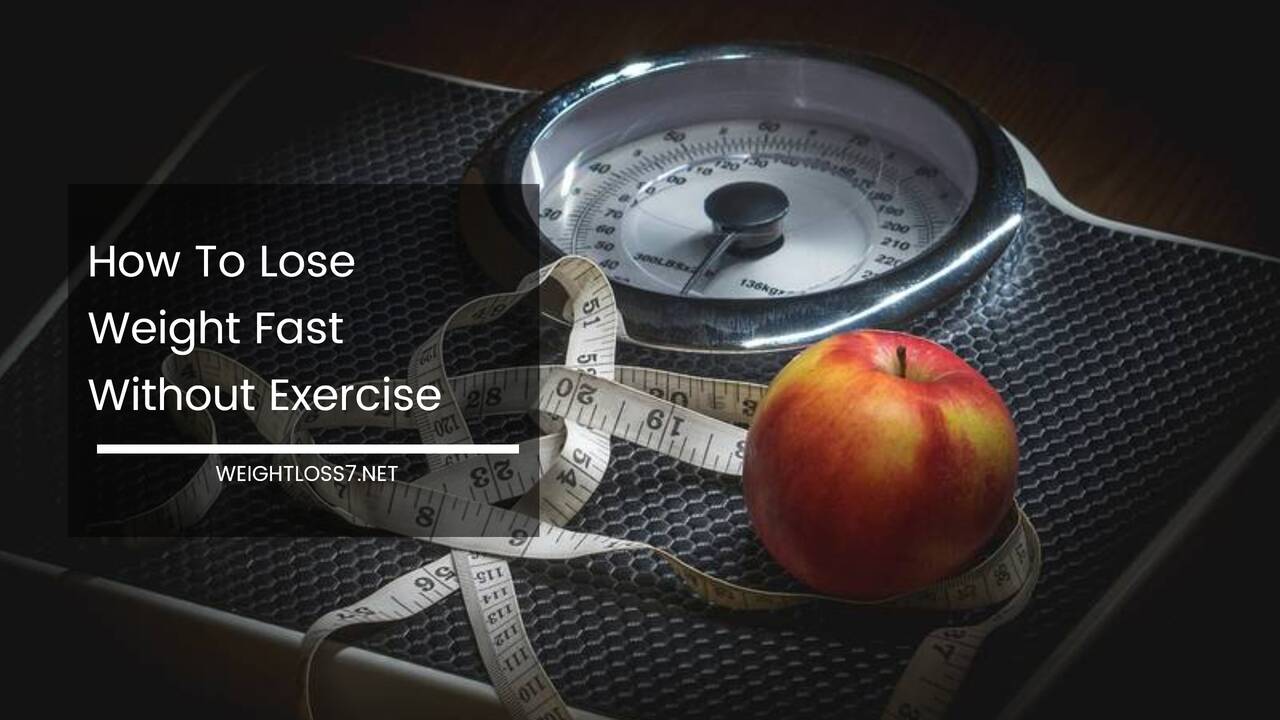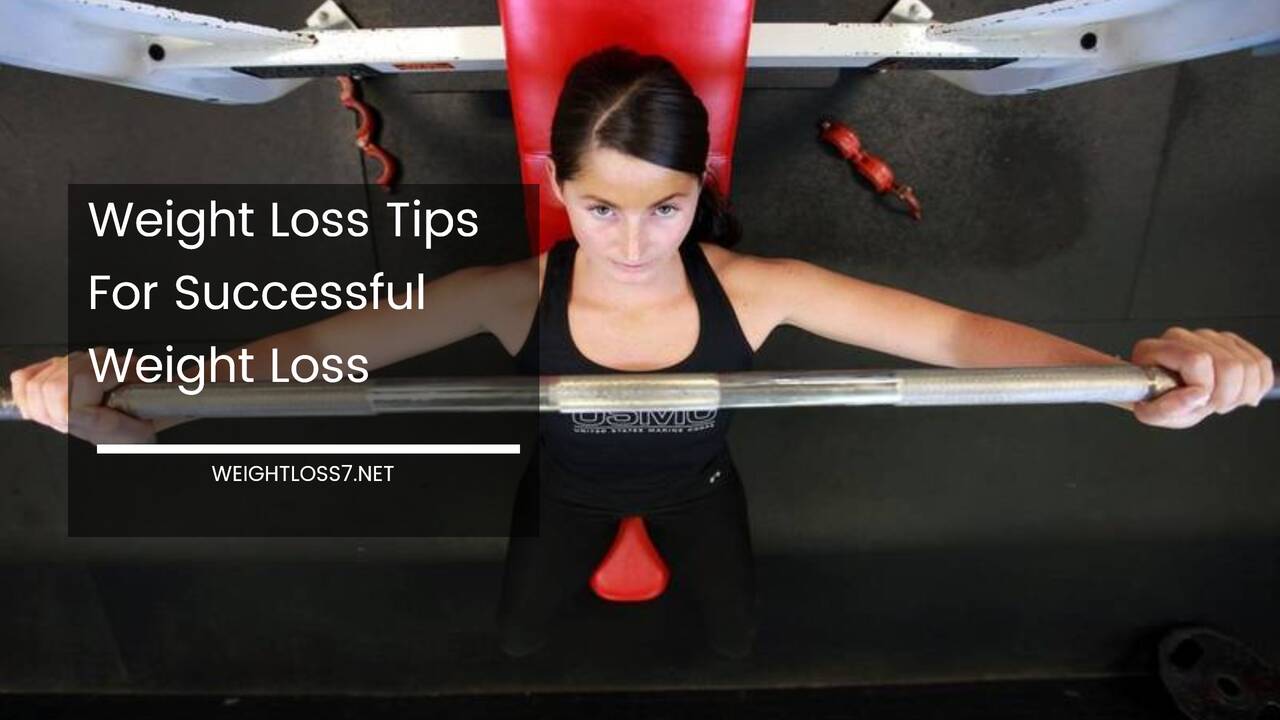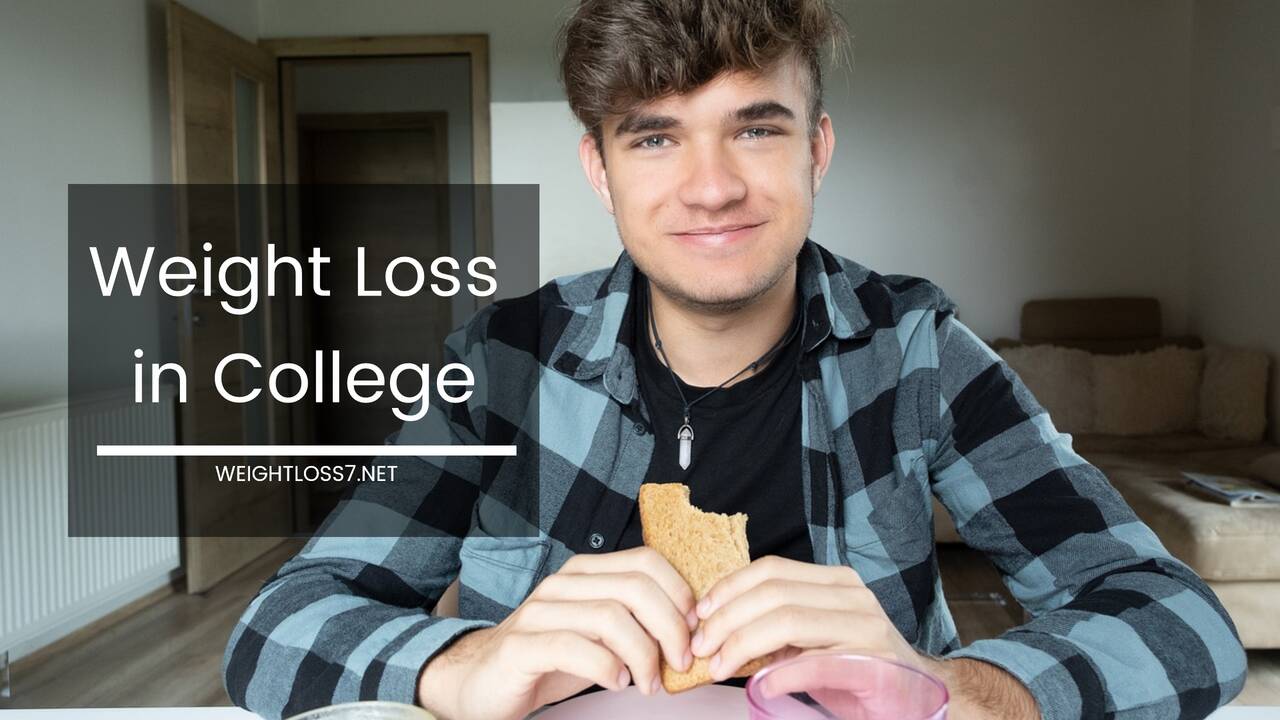How To Lose Weight Fast Without Exercise – Tips For Students

Summer break will be arriving on college campuses in 0-6 weeks, which I would say is enough time to do some damage (fat wise).
It’s not enough to lose a ridiculous amount of weight (in a healthy way), but good enough for many people who are looking to put the “finishing touches” on.
I mention this because a lot of college student diets will be starting the week or two before spring break, but hopefully, those that happen to search something on college student diets or summer break diets or beach body will read this and start earlier.
And when it comes to dieting for spring break or summer break, or any other break that has to do with a beach, people are willing to do ANYTHING to get the beach body, AKA the body that will impress people.
And that’s just plain dangerous. Because to me, and people like me, a lot of the health junk on the internet is just that, health junk. Its philosophies haven’t been updated in years, which means the people participating in those philosophies get year old results.
This post will be more of a listing of a few different methods I think will assist you in your goals, rather than a 4-6 week laid out plan (although I’ll be making some suggestions throughout if you want something more detailed).
4-6 Weeks, like I’ve already mentioned, isn’t the best amount of time for a diet, but you make do. 8 weeks is usually ideal timing.
You’re probably asking yourself what an extra two weeks could do. Well, those extra two weeks could be used to rest up before intense dieting in the following few weeks. A lot of the reason so many diets fail is because many people are already burnt out from something else (such as diet, work, life).
Onto the tips, Tip 1: Sleep
Continuing on the subject of rest, you need to sleep. Uhh what? Yeah, sleep. Sleeping 8 hours a night, especially between 10pm and 6am, is one of the best methods of fat loss.
No, you don’t necessarily burn many calories during sleep, but instead, it’s when you produce the hormones that control your body and when your body is repaired to allow you to burn calories the next day.
Getting sufficient sleep is a way to keep leptin and ghrelin steady, meaning your cravings are low and eating habits are normal. Additionally, we can make sure you have enough energy for the workouts and lifestyle you participate in over the next few weeks.
Additionally, we can maximize adrenal hormone recovery by doing this, which will increase energy and ramp up fat loss when initiated.
So, at-least during the week, attempt to get to bed between 10pm and 6am.
Tip 2: Rid the cupboards and fridge of junk, and stock up on healthy foods
I’d say two reasons many people fail diets/workouts/anything health related are boredom and stupidity (no political correctness here). People get bored with their diets and what foods they’ve limited themselves to, usually a few days in.
This most often happens at night, before bedtime (or in the middle of the night if you’re lucky). This is where the stupidity comes in. Because, the respective dieter didn’t want to waste food (DONATE!), he/she kept all the junk foods from pre-diet in the house.
So, when the cravings come along, and the boredom sets in, it’s the perfect formula for a screw-up. Since the “unhealthy” foods are already there, the respective dieter indulges.
The quick fix to this is to stay stocked up on healthy foods all the time and to keep the unhealthier foods out of sight or more preferably, out of house. Additionally, picking up a good cookbook (like the Paleo Cook book) is a nice way to stay creative and focused. Switching up meals will help you feel less restricted.
Tip 3: Formulate a plan for eating
I mentioned it above, stay stocked up on healthy foods and rid the house of junk foods (you can donate them). Doing those two things will help immensely.
One problem I see is that many people just don’t know what their plan is for eating. They buy healthy foods, and go into the week with any sort of plan. Now, this is fine once you’re more experienced and fully understand the fundamentals of a healthy diet, but when you’re just starting out, a plan is key.
I’ve seen the best success with keeping it strict during the week, and allowing one day a week for higher calorie foods. “Strict” means basing the diet around meats, eggs, vegetables and greens, some fruit, some nuts, and limited 0/low calorie liquids (besides water). Sweet potatoes/beans are acceptable in limited portions, but those really depend on how much fat you have to lose and how strict you’re willing to get.
For some of you, that list may be very surprising, but once you learn how to cook, you can actually become very creative with those foods.
For the more advanced individuals, fasting can be incorporated, which will accelerate fat loss if you’re not burnt out and research how to do it. For those interested, I do have an intermittent fasting section on my site .
Two of the most effective methods I’ve seen include Eat Stop Eat, which maximizes fat loss two days a week, and LeanGains, which spreads the fasting to every day of the week in a comfortable fashion.
Like I mentioned above, keep it strict during the week, and allow one day a week (while dieting), to eat the foods you want and have been craving all week. Getting a weight-lifting workout on this day would be a good idea.
Tip 4: Formulate a plan for Working Out
One mistake many people make when working out with a very specific upcoming goal deadline in mind-like college students looking up a specific college student diet which is really looking up sometimes dangerous tips on losing necessary weight instead of unnecessary or taking up workouts to get a beach body that lead to overtraining or injury.
Cardio everyday and weights 5-6 days a week is a sure-fire way to get a lot of cravings and eventually crash. So, part one of this tip is simple, do not overtrain. Listen to your body. If you’re too sore to workout you will know, and at this point, working out is regressive.
Part 2 of this tip is on the opposite side of the spectrum, more for people who have a problem with sticking to workouts. Pick a time to train and commit to it. Most people who put of their workouts until the end of the day will have 100 excuses not to go by the time it comes around. If you get it done first thing in the morning, you’ll be more positive and energetic throughout the day, while also knowing that you’ve already worked out.
Part 3 of this tip is about accessories. Sometimes just creating an environment that will nourish the craving for a workout is a great way to get you to workout. Making sure you have new, good, music on the ipod, workout clothes/shoes are easily accessible and likable (yes, this helps) and an actual plan for what to do when you get to the gym all contribute to being consistent with workouts.
Part 4 of this tip is how to lift. I’ve already mentioned the two above plans for weight lifting, in which 2-3 times a week would be great. As far as cardio goes, I would read my articles (of course I would) on why sprint training is superior to regular cardio and how chronic cardio/marathon cardio hurt more than help. In the end, you’re going to increase the intensity of your workouts, decrease the time, and hopefully increase the results.
Tip 5: Stay motivated, stay busy, and stay focused
My more constant readers know I like to end these posts by focusing more on the mind side of health. The fact is, if you’re mind isn’t right, your body won’t be either. The best way to stay motivated is to really feel/visualize/imagine what it would be like if you reached your goal.
The imagination is a great tool for motivation. This requires you actually set a goal though, so make sure to do that .
Additionally, I’ve found that staying busy is key to staying lean; that’s something I haven’t found in any college student diet that may be beneficial to the college part too.
This is something I will expand on more in an upcoming post, but keeping it short, staying busy, whether it be with work or video games (two ends of the spectrum), is a great way to keep your mind off food.
Boredom is the enemy of goals unless boredom is your goal. You don’t even have to stay busy being active; I mentioned video games above.
In the end, you know how you work best. You know yourself best. So listen to yourself.
A lot of the time with health, we are looking to improve it, and we are looking for someone to help us do it. We shut ourselves out and listen to every word the “expert” has to say.
That’s when we forget that the true expert is our body. It keeps us in homeostasis. It regulates everything, including your metabolism.
So when you’re tired, maybe you should sleep. When you are inspired to workout, workout. LISTEN.
That’s it! These are my official recommendations for a college student diet for break, or really any diet for that matter. As you’ll notice, most of these tips are tips people would recommend just for good health.
Guest Post: This article was published as part of the Guest Post Series. Guest posts come from leading experts in weight loss, health, and fitness. The series tries to bring a diverse range of perspectives on the critical issues of our time. The views expressed in this article are solely that of the author and do not necessarily represent the views or opinions of WeightLoss7.Net

















